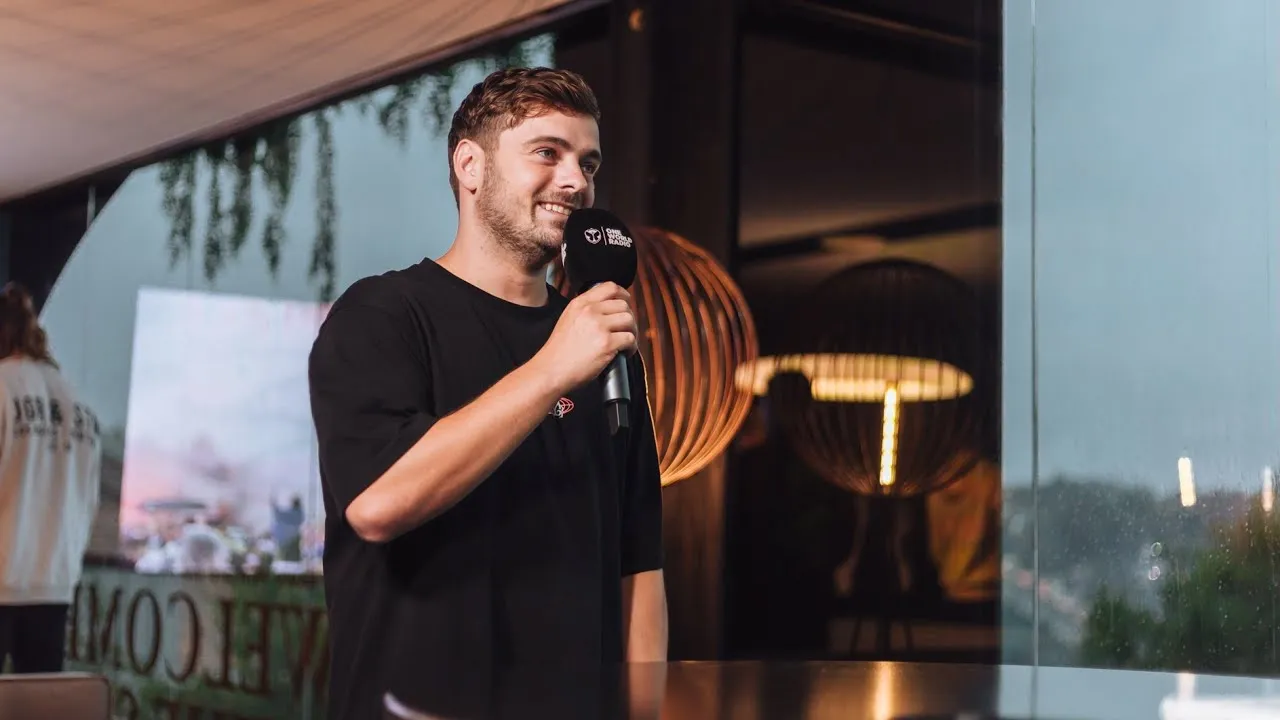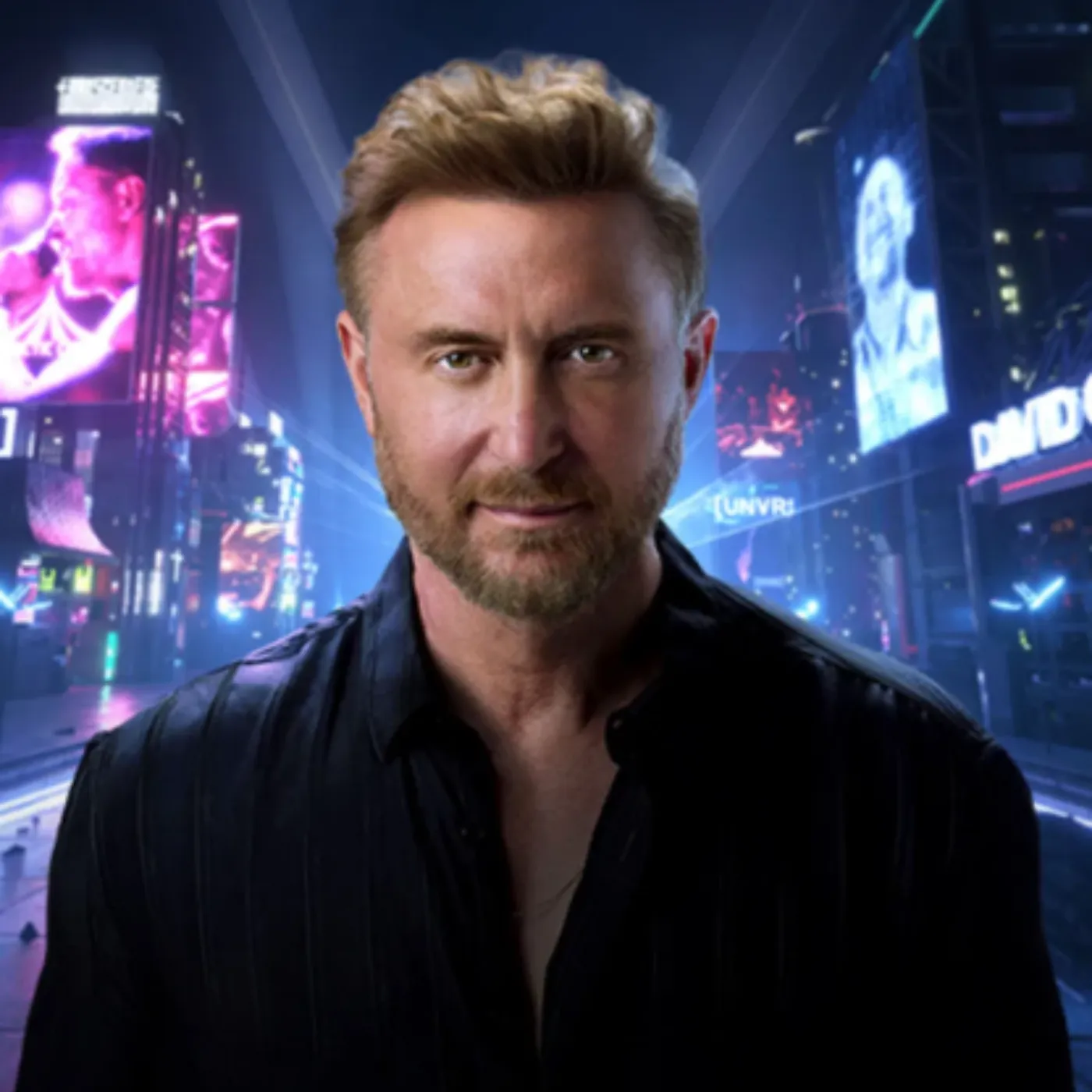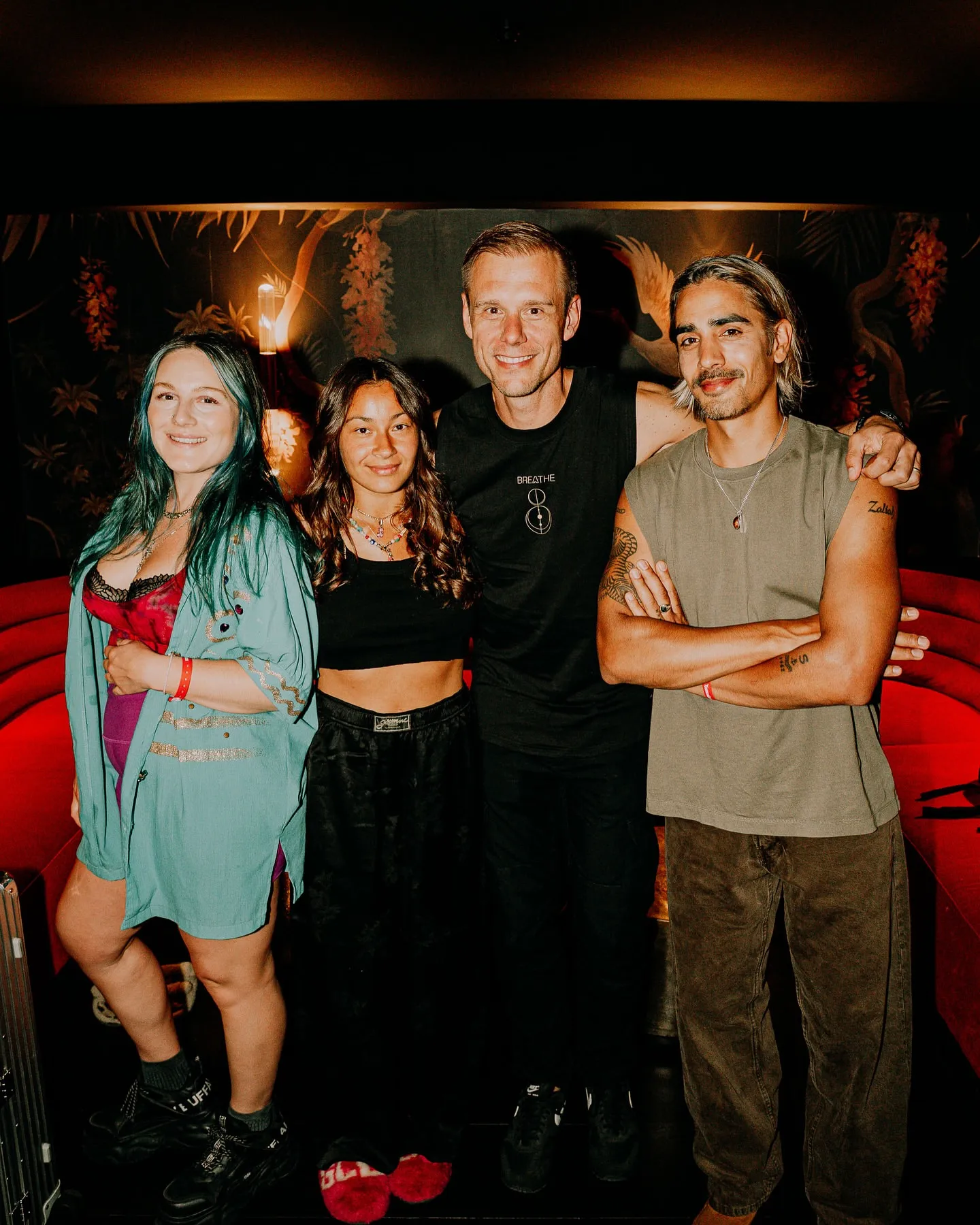

Martin Garrix Talks About the Pressure of Achieving Success Too Early: “I Didn’t Know Who I Was”
In the fast-paced world of electronic dance music (EDM), few names shine as brightly as Martin Garrix. A global phenomenon before he could legally drink in most countries, Garrix’s meteoric rise began with his 2013 smash hit “Animals”—a track that catapulted him from unknown Dutch teenager to headlining the world’s biggest festivals. But behind the euphoric drops and high-energy performances lies a story that is far more complex. In a candid recent interview, Garrix opened up about the mental and emotional toll of success at a young age, admitting, “I didn’t know who I was.”
The Burden of Early Stardom
By the age of 17, Martin Garrix was topping global charts, performing in front of hundreds of thousands, and collaborating with icons like Tiësto, Usher, and David Guetta. While millions saw a talented, smiling young DJ living the dream, Garrix reveals that the pressure was overwhelming.
“Everyone expected me to always be this happy, energetic guy on stage. But when the lights went off, I sometimes felt lost,” Garrix shared. “I didn’t really have time to grow up or figure out who I was as a person. My identity was tied entirely to my career.”
Success came not gradually, but in a tidal wave. The sudden fame, combined with industry expectations and a relentless tour schedule, left him struggling to find balance.

Isolation Behind the Fame
Despite being surrounded by fans and teams of professionals, Garrix admitted to moments of profound loneliness. The whirlwind of global touring made it difficult to maintain friendships, form new relationships, or even catch his breath.
“I was 18, flying to different countries every day. I missed birthdays, family events, real-life experiences. At one point, I realized that I didn’t even know how to enjoy time off.”
Even more jarring was the realization that while his music was reaching millions, his personal life was increasingly empty. The disconnect between Martin the performer and Martijn the person began to grow.
Fighting for Creative Control
Adding to the emotional turmoil was Garrix’s early battle for creative freedom. Signed at a young age, he quickly found himself clashing with his label over his artistic direction. While grateful for the platform they had given him, he felt constrained by the commercial pressures.
“I was being told what kind of songs to make, who to collaborate with, and even what image to portray,” he said. “That’s when I started questioning everything. I needed to take back control of my music and my identity.”
In 2016, Garrix made a bold move: he left his label and launched his own imprint, STMPD RCRDS, a decision he now sees as pivotal for both his career and mental health.
The Turning Point
The freedom to release music on his own terms was empowering. It allowed him to explore different genres, support up-and-coming artists, and most importantly, reconnect with the joy of making music. Songs like “Scared to Be Lonely” and “High on Life” not only reflected his evolution as an artist, but also mirrored his journey towards emotional clarity.
“That’s when I started feeling like myself again. Not just a brand or a DJ, but a real person with emotions, flaws, and passion.”
He also began prioritizing mental health, taking breaks from touring and surrounding himself with people who cared more about him than his ticket sales.
Opening Up and Sharing the Struggle
Garrix’s decision to speak publicly about these issues is part of a growing trend among artists who are choosing transparency over perfection. He credits fellow DJs and friends like Avicii, who tragically passed away in 2018, for opening up conversations about mental health in the EDM scene.
“Losing Tim [Avicii] hit me really hard,” Garrix admitted. “He was one of the kindest souls and incredibly talented. I realized that we all need to talk more about what’s going on behind the scenes. Fame can be isolating, and we need to support each other.”
Since then, Garrix has been more vocal about the importance of balance, wellness, and authenticity. Whether through interviews, social media, or his music, he encourages fans to value self-awareness and emotional honesty.
Finding Peace and Purpose
Today, Martin Garrix seems more grounded than ever. At 28, he continues to headline major festivals like Tomorrowland, Ultra, and Coachella, but he does so on his own terms. He carefully curates his projects, keeps time for personal growth, and mentors younger artists navigating the same pressures he once faced.
“I don’t feel like I need to prove anything anymore,” he said. “I just want to make music that I love and that resonates with people. That’s enough.”
Garrix also expressed excitement about new musical directions, teasing more collaborations outside of EDM, exploring orchestral compositions, and even dabbling in film scoring. These creative shifts reflect an artist who is no longer boxed in by expectations.

A Message for His Younger Self
When asked what he would tell the 17-year-old version of himself, Garrix paused, then smiled.
“I’d tell him it’s okay not to have everything figured out. That being confused or overwhelmed doesn’t make you weak—it makes you human. And most of all, I’d say, ‘Don’t lose yourself trying to be what everyone else wants you to be.’”
That message isn’t just for his past self—it’s for every young person facing the weight of expectations, whether in music, school, or life in general.
The Real Martin Garrix Emerges
As he steps into this next phase of his life and career, Martin Garrix is no longer just the prodigy behind a global banger—he’s a role model who’s unafraid to show his scars. His vulnerability, far from being a weakness, has become a powerful tool for connection.
“Music is emotion,” he concluded. “And for it to be real, I need to be real, too.”
In an industry often obsessed with image, Garrix’s honesty stands out as a refreshing reminder that even the brightest stars need space to grow, heal, and discover who they really are.


















